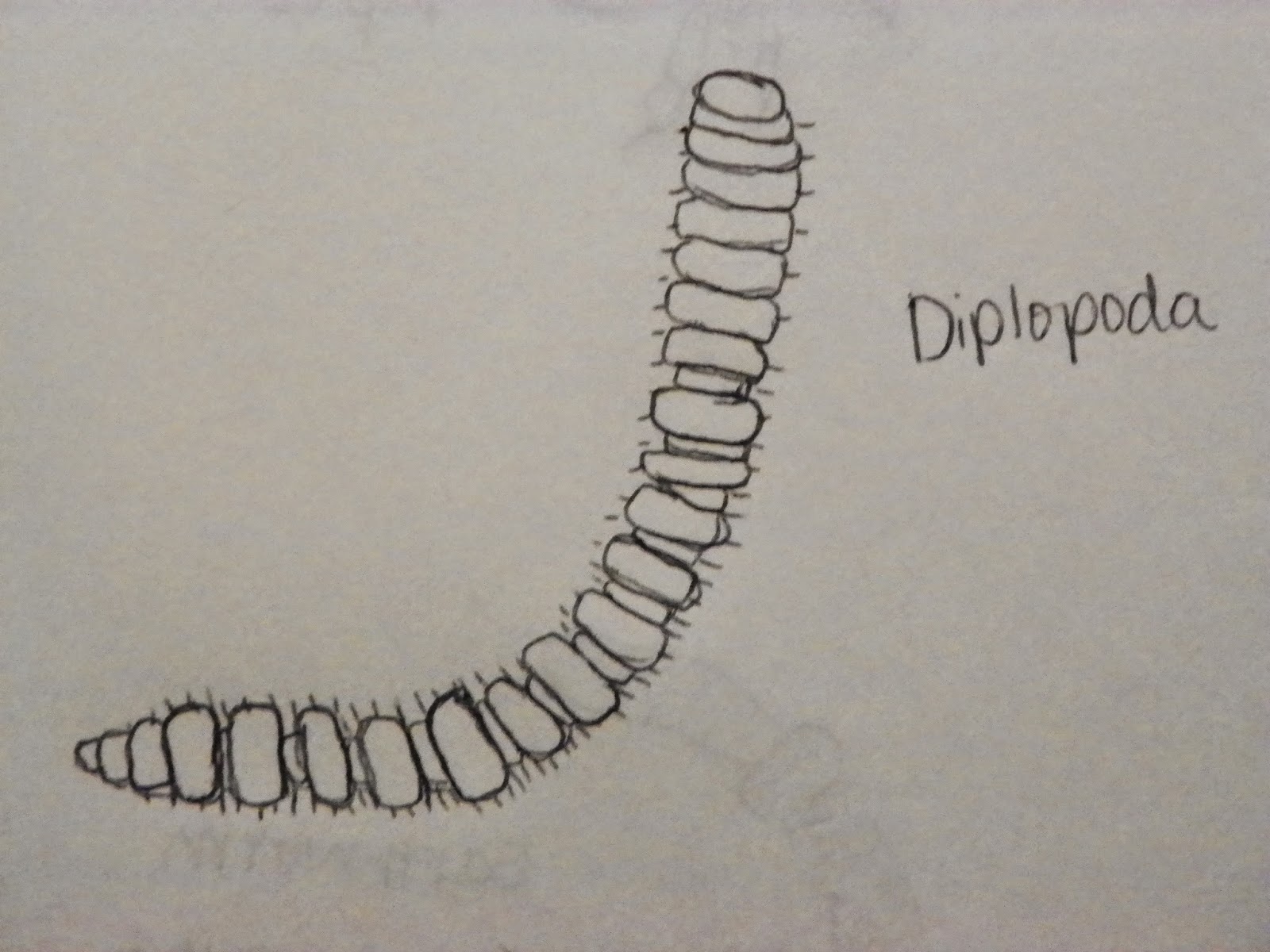12:00 pm
21 October 2014
ENVIR 280
On Tuesday October 21st, I went to the Washington Park Arboretum to see how my spot had changed from last week. The trees were definitely starting to turn more colors, and it was a nice day. There are so many more leaves on the ground from deciduous trees, but a lot of the plants right around the water stay really green, and fresh looking. There has been a lot of rain, and so I think the lake looks fuller, as well as everything looking a bit watered down, especially the fragrant water lilies, as I now know what they are called. It was 64 degrees F, and there were some invertebrates out and about, as well as under some rocks.
Earthworm- Lumbricina
This guy is a light brownish purple, and has lots of lines going across the body of it. This worm was about 3 inches long as it was outstretched but certainly can be shorter as in contracts. The ring at one end of the body is a distinguishing factor. They seem to like wet as well as dry dirt, and I believe that they are very helpful to the soil.
Honey Bee- Apis Mellifera
This honey bee is common by the Graham Visiting Center because they have hives in the Arboretum. They are still out at this time of year, which is kind of surprising to me because I thought that they would be done making honey in the fall. It turns out that these invertebrates work year round. They are yellow, and black, and have longer bodies than a bumble bee.
Millipede- Diplopoda
I found this millipede under a rock, they are really small, probably an inch in length, and black. I decided this was a millipede not a centipede because it has so many legs.
Common Spider- Araneae
I'm not sure exactly what kind of spider this is. It's brown, has eight legs, and is maybe .5 inches. I see this spider often, so I suppose it is a common species.
Potato Bug- Porcellio Scaber
These potato bugs are very common, and easy to find at the arboretum. They are often in little balls, and hidden in the dirt.








No comments:
Post a Comment